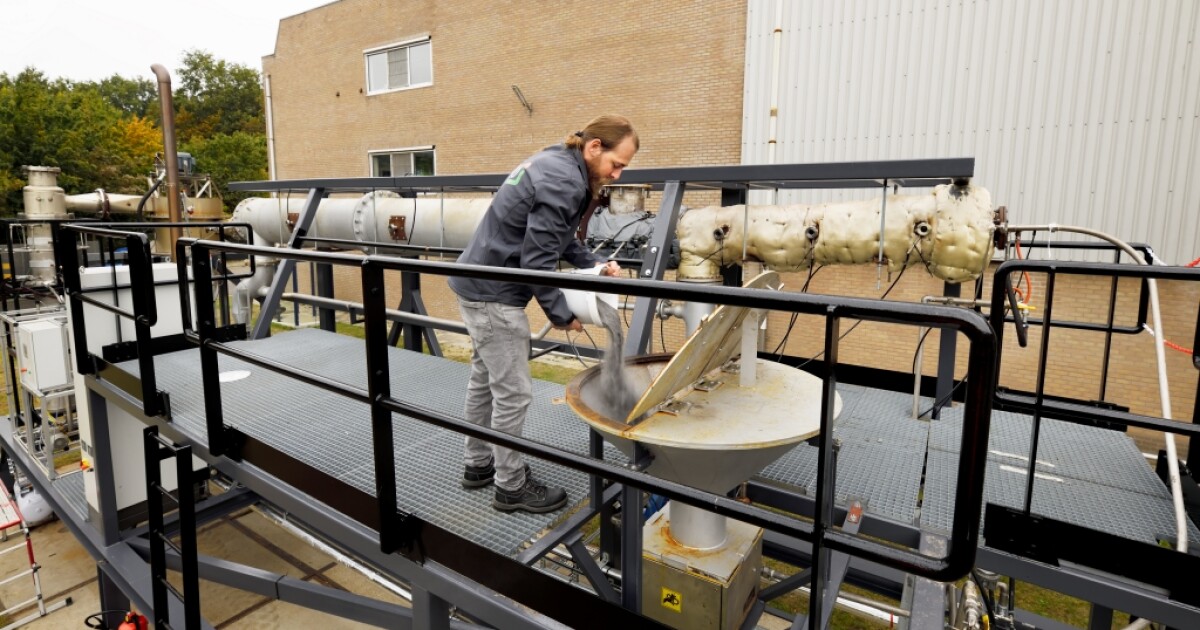This didn't really fit into the alternative fuels section, since its not for auto use:

 newatlas.com
newatlas.com
It's an intriguing thought, be interesting to see if it pans out (like so many ideas, probably doubtful)
Cliff notes version. Burn iron powder to make power or to make heat in industrial processes where electricity isn't that efficient at heating, and then use renewable energy to reduce the iron oxide back to iron. Essentially using it as a battery to store your renewable energy and/or to burn in thermal plants to fill in renewable energy gaps.

World first: Dutch brewery burns iron as a clean, recyclable fuel
Many industries use heat-intensive processes that generally require the burning of fossil fuels, but a surprising green fuel alternative is emerging in the form of metal powders. Ground very fine, cheap iron powder burns readily at high temperatures, releasing energy as it oxidizes in a process…
It's an intriguing thought, be interesting to see if it pans out (like so many ideas, probably doubtful)
Cliff notes version. Burn iron powder to make power or to make heat in industrial processes where electricity isn't that efficient at heating, and then use renewable energy to reduce the iron oxide back to iron. Essentially using it as a battery to store your renewable energy and/or to burn in thermal plants to fill in renewable energy gaps.
